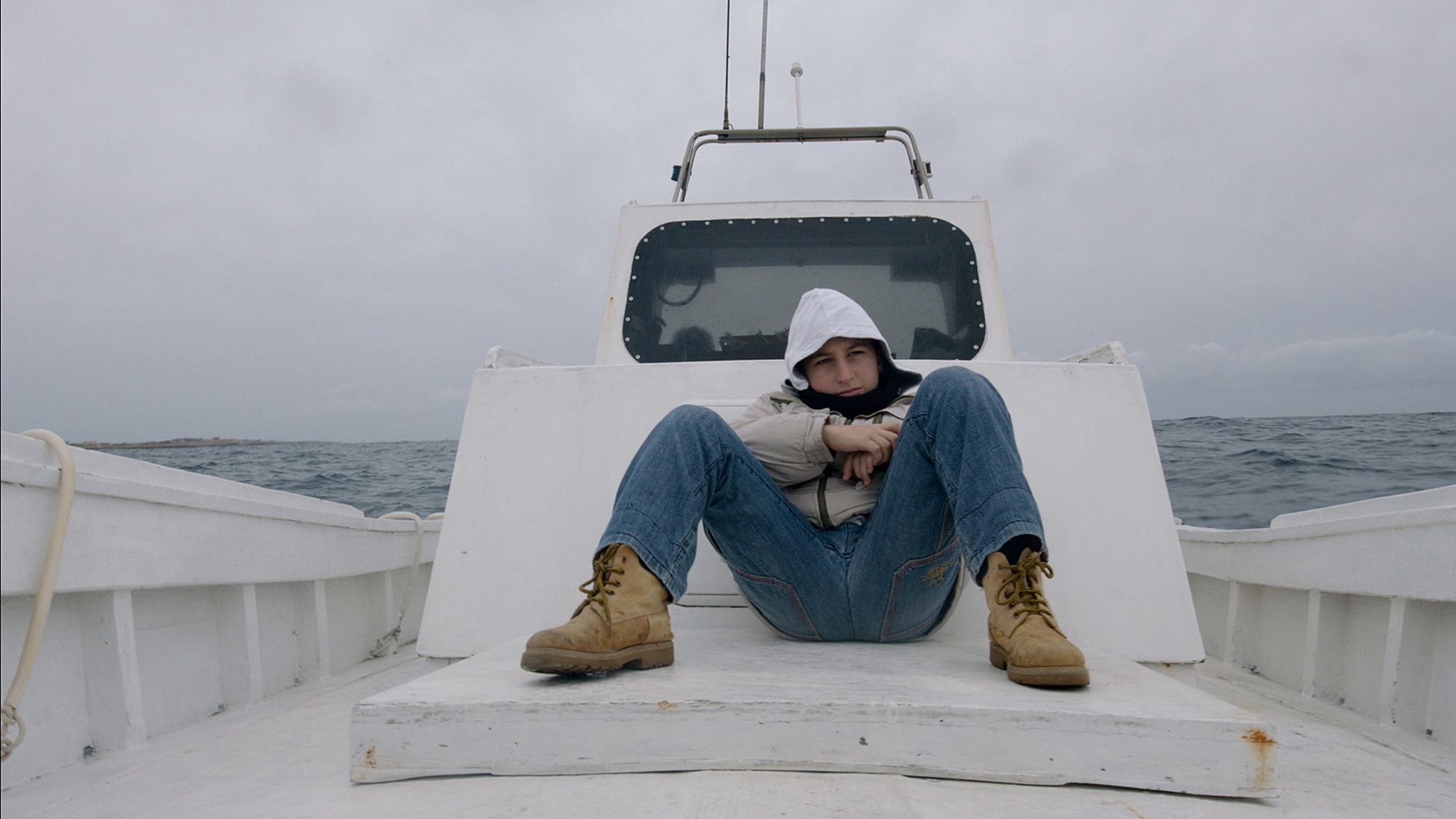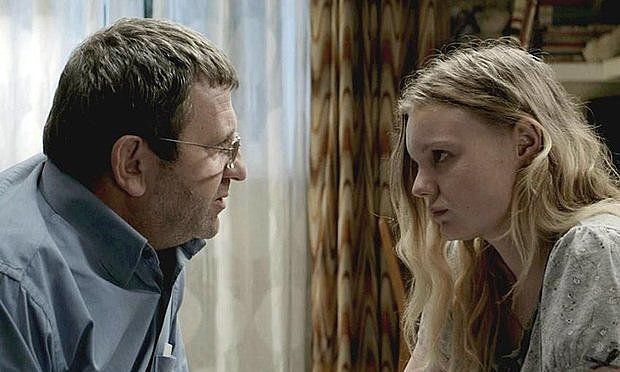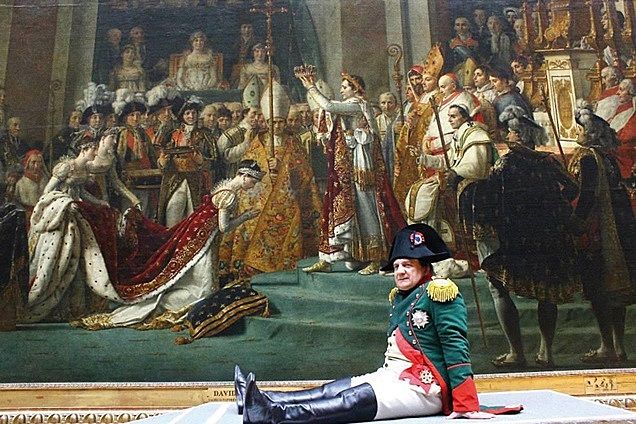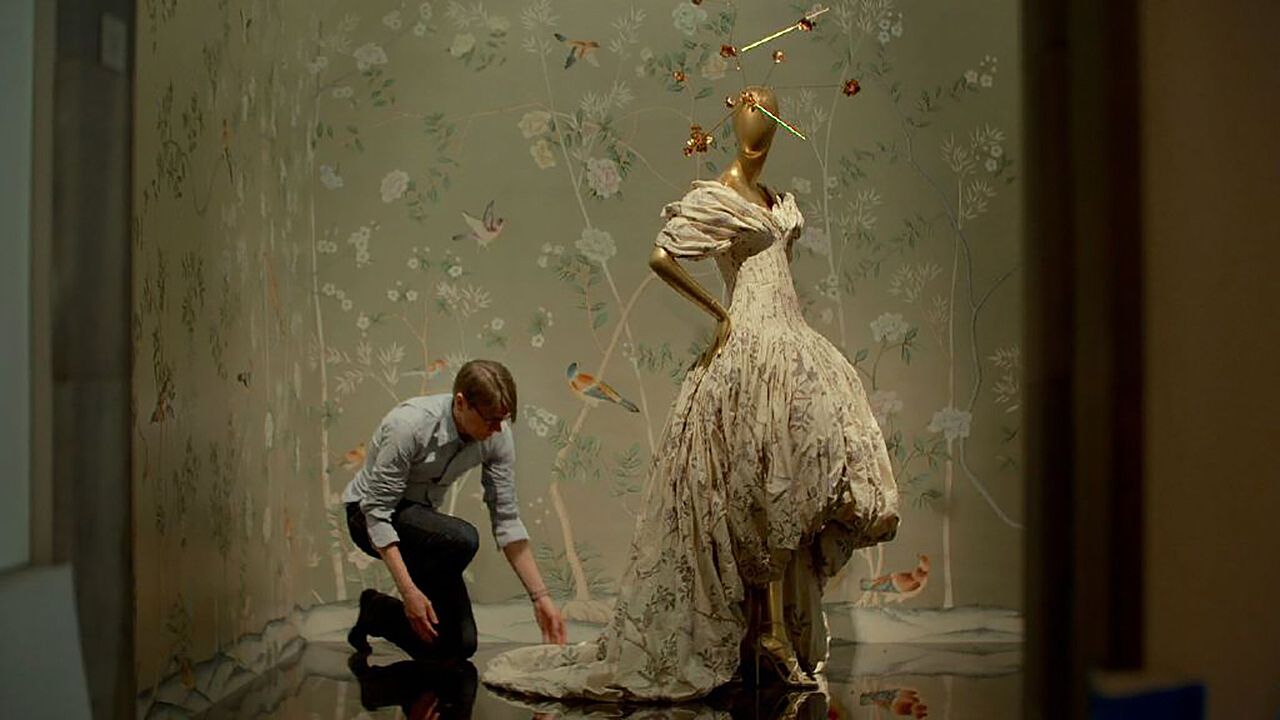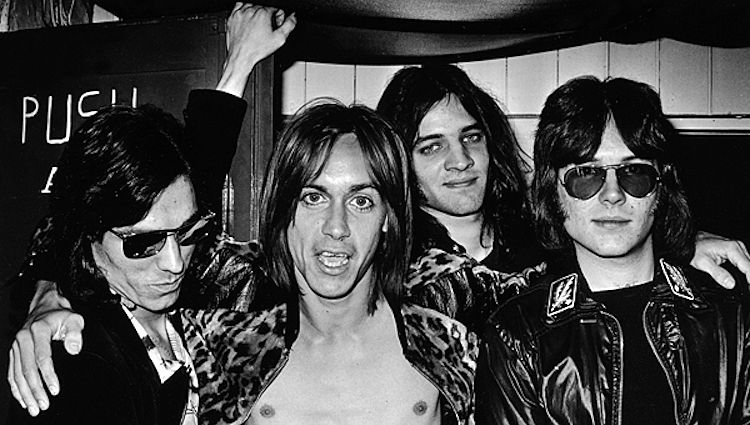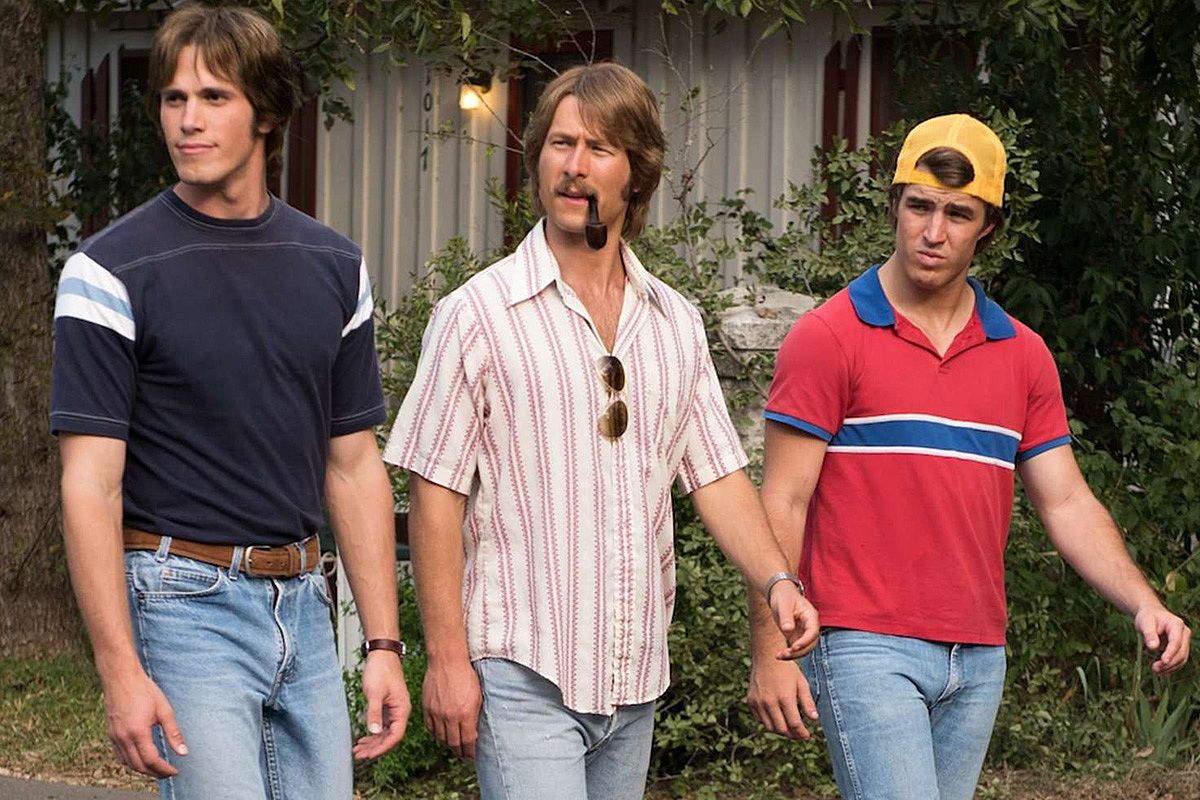The NZIFF in Brief: Through Europe, and Beyond
Eleanor Woodhouse reviews NZIFF highlights from both sides of the Atlantic
As everyone’s eyes turn to Europe – the refugee crisis, Brexit (please let it stop there) – my own were trying to find some understanding of its troubles through the screen, and a handful of European films from which some potential answers seemed promising. Heavy stuff, but luckily there were also enough instances of pure fandom, cheerful nostalgia and unabashed beauty to get me through the past couple of weeks of the Auckland NZIFF.
Fire At Sea (Gianfranco Rosi)
Italian documentary director Gianfranco Rosi provides us with the most direct effort to try and comprehend the refugee crisis with the haunting Fire at Sea. In an unobtrusive style, using both captured footage and more constructed scenes, it focuses on the small Sicilian island of Lampedusa where more than 400,000 refugees have arrived by boat since 1996. Contrasting with their struggle, Rosi spends just as much time, if not more, with the residents of Lampedusa, and both their lives as well as the plight of the refugees are documented with a restrained and aching beauty.
But far from problematically aestheticising the crisis it depicts, the film’s beauty softens us and opens up our capacity to be wounded by the desperation and agony we witness. Instead of eclipsing, it illuminates the enormity of the situation. The shift between the two storylines has an affective function, too. The sequences with the residents, while a kind of reprieve, can at times make us forget. When Rosi's camera suddenly heads out on a boat to retrieve refugees – after spending time constructing slingshots and visiting the doctor with the charismatic 12 year-old Samuele – it is a shock to remember why we are here in the first place. This is far more effective than a relentless, numbing 90 minutes of misery.
In some documentaries the exclusive focus on an issue has the effect of making it seem like it belongs in its own contained universe: one of pain and suffering that doesn’t bleed into our own. Fire at Sea forces us to accept the crisis into our own personal world, one of school and domestic life and play. Placing them side by side, not “two different worlds”, but one, is rightfully devastating.
Graduation (Cristian Mungiu)
The struggle to move to a better Europe is documented from a different perspective, and in entirely different fashion in Graduation, from Romanian Cristian Mungiu. Desperation and futility are again the order of the day in the story of Romeo, a father going to extreme lengths in order to ensure his daughter Eliza can win a scholarship to study in London. But the quest to Britain can take many different forms, and in this case the struggle is not just desperate but mundane. The lengths Romeo goes to don’t involve any kind of glamorous violence, but play out in phone calls and quiet conversations, in reasonable exchanges with law officials.
The moral dilemmas presented are complex – if occasionally dealt with a little heavy-handedly by Mungiu – and inevitably ask the audience to assess their own moral compass. The film is exquisitely paced and structured, the controlled approach extending to some conclusions that were a touch tidy for my liking, and I found myself more interested in Mungiu’s exploration of generational differences. In contrast to her assertive father, Eliza is passive and babied, in the back seat of the car she is taxied to and from school and appointments by her father. The popular reading of this is (of course) that millennials are spoiled and entitled, but I (admittedly biased, as a fairly young person) saw it more as an expression of generational disempowerment and disassociation. You can’t be disillusioned if there was never any illusion to take in in the first place - futility has been normalised for Eliza and naturally accepted, and so her angst is less than her fathers’.
Francofonia (Alexander Sokurov)
My final attempt at contemporary political enlightenment via cinema was also the most mystifying. Alexander Sokurov is best known for the feat of filmmaking that was Russian Ark (which consists of a single, unbroken 100-minute shot), but he is prolific as both a fiction and documentary director. None of his films are easy to categorise, but his latest, Francofonia, defies categories even more than usual.
It is essentially a film about the Louvre; part dramatic retelling of its experience in World War II and its director at the time, Jacques Jaujard, part rumination on the institution’s history, and its place in France and Europe at large. This is about Time and Space in classic Russian metaphysical fashion, and though the approach is daring, it doesn’t quite pay off, resulting in something that is a bit too distant and complex to comprehend properly.
Accordingly, any commentary on contemporary Europe is nebulous - but it is hard not to read an anti-Brexit message in the way that Sokurov emphasises the connections between Russia and France, Russia and Europe, and the unifying capabilities of culture. I may be reading too much into this, but with a film of this nature, in this context, it seems perverse not to engage with the issue. We all love the Louvre, right? Shouldn’t this bring us together?
The ambiguity didn’t stop with Sokurov’s potential Brexit stance. Confusion, or at least opaqueness, is the modus operandi here. The moves between storytelling styles, and even genres, is disorienting and creates an intensely fractured narrative. This is the anti-Ken Burns of documentary – where Burns wades through the mess of the past and constructs a narrative in order for the audience to make sense of it, Sokurov constructs the past as poetic, and to a certain extent unknowable. Here we are offered up centuries of murk, rather than false clarity and clear stories. Which is just as enigmatic and frustrating as it sounds.
The First Monday In May (R.J Cutler)
Another documentary and another institution, but an entirely different beast altogether, was The First Monday in May, the second time that R.J. Cutler has turned his slick camera onto the American Vogue universe since the 2009 hit The September Issue. This time Cutler documents the preparation for the 2015 exhibition China Through the Looking Glass, part of the Metropolitan Museum of Art’s Costume Institute (which is closely aligned with Vogue), an exhibit that examined China’s influence on Western fashion.
The film pretends to address the problems and issues that arise from the exhibition’s delicate subject matter - but completely fails to. More time and effort is spent in a not-so-subtle attempt to again make a star out of Vogue editor Anna Wintour, actively mythologised here via direct comparison to the original “dragon lady”, Asian-American Golden Age actor Anna May Wong. This is good for the film, and also for business - maximum capital is extracted from this project on all fronts.
Where The September Issue found a secondary star alongside Wintour in the form of Vogue creative director Grace Coddington, a new one is found here in curator Andrew Bolton. Cutler consciously sets out to replicate the success of the previous film’s star-making, with Bolton’s charming idiosyncrasies and vulnerabilities documented prominently. Bolton was promoted to head of the institute in September last year, and there is no way that Wintour and Cutler weren’t well aware that this would happen. The film is a savvy, major component of the campaign to prepare the public for a new, celebrity curator (again, good for business all round).
What is refreshingly uncalculated about First Monday is the joy it takes in the reason we are all here, really: the clothes. Cutler‘s scary proficiency works best when absorbing sheer beauty, and lovingly tracing Saint Laurent chubby coats, outrageous toile Galliano creations, and Rihanna, resplendent in Guo Pei’s yellow mink. I’m not embarrassed to admit that during these moments, more often than not, a tear came to my eye.
Gimme Danger (Jim Jarmusch)
However beautiful it might be, the love with which fashion is presented in First Monday has nothing on the sweet, sincere affection that Jim Jarmusch reveals for “the greatest rock band ever”, The Stooges, in Gimme Danger. A director worshiping their subject matter is usually a recipe for disaster, but Jarmusch avoids the pitfalls of this relationship by not attempting to formally educate the audience, or to reveal anything too profound or conclusive about the band. What you do learn is that Jarmusch loves The Stooges, and all he wants is for you to love them too.
And so with much responsibility taken off the film’s shoulders, Jarmusch delights in telling their story in straightforward fashion, the greatest pleasures offered in the form of anecdotes (Iggy Pop recounting how he realised he couldn’t be an African-American musician in particular comes to mind) and historical footage.
Die-hard fans of Pop may be a little disappointed, as large chunks of his story, particularly from the 80s, are completely absent. But this film is very purposefully about The Stooges, not Pop, and Jarmusch is careful to bring the rest of the band out of his impressive shadow, something that they definitely deserve and that has often eluded them. The bands’ grizzled faces (and Pop’s leathery chest) may be startling in comparison to Chinese silk and satin, but Jarmusch’s presentation is far more personal and touching than Cutler’s. Stooges forever!
Everybody Wants Some!! (Richard Linklater)
And requiring, gloriously, the least amount of deep-thinking of the entire festival was Richard Linklater’s irrepressible college-baseball comedy Everybody Wants Some!!, billed as the spiritual successor to his cult 1993 film Dazed and Confused. I’ll be honest, this film comes nowhere near to fulfilling the promise that implies, but Linklater taking it easy is the equivalent of many other filmmakers hitting it out of the park.
You get the sense that Linklater simply didn’t want the weight of Boyhood being his latest film, and that a palate cleanser was in order. The theory is disrupted by the fact that Linklater had been working on this in some capacity since 2005, but it works well enough for the audience, who can now cheerfully move on.
The story, set in 1980, follows 18-year-old Jake (thankfully, Blake Jenner comes equipped with adequate charm for a standard, bland protagonist) who arrives to his first year of college off a baseball scholarship. He (and we) meet his future best buds and watch him make memories for a lifetime over the last weekend before class. There is almost zero conflict, and most narrative effort is put into establishing the endearing and entertaining (literal) team of characters, designed for the audience to choose their special favourite from. For the record, mine was Tanner Kalina’s dopily smiling Brumley, who had the honour of delivering the standout one-liner of the film (and which I will be borrowing in future): “cheers for the beers!”
For a romp of this kind it drags on a little towards the end, especially when it starts to approach Before Sunrise territory with some deep-and-meaningful conversation that had me losing focus as if I’d been up all night alongside the characters. But for the most part it captivates enough to make you forget about the state of the world in 2016 for a little while at least. Cheers for that, Linklater.

